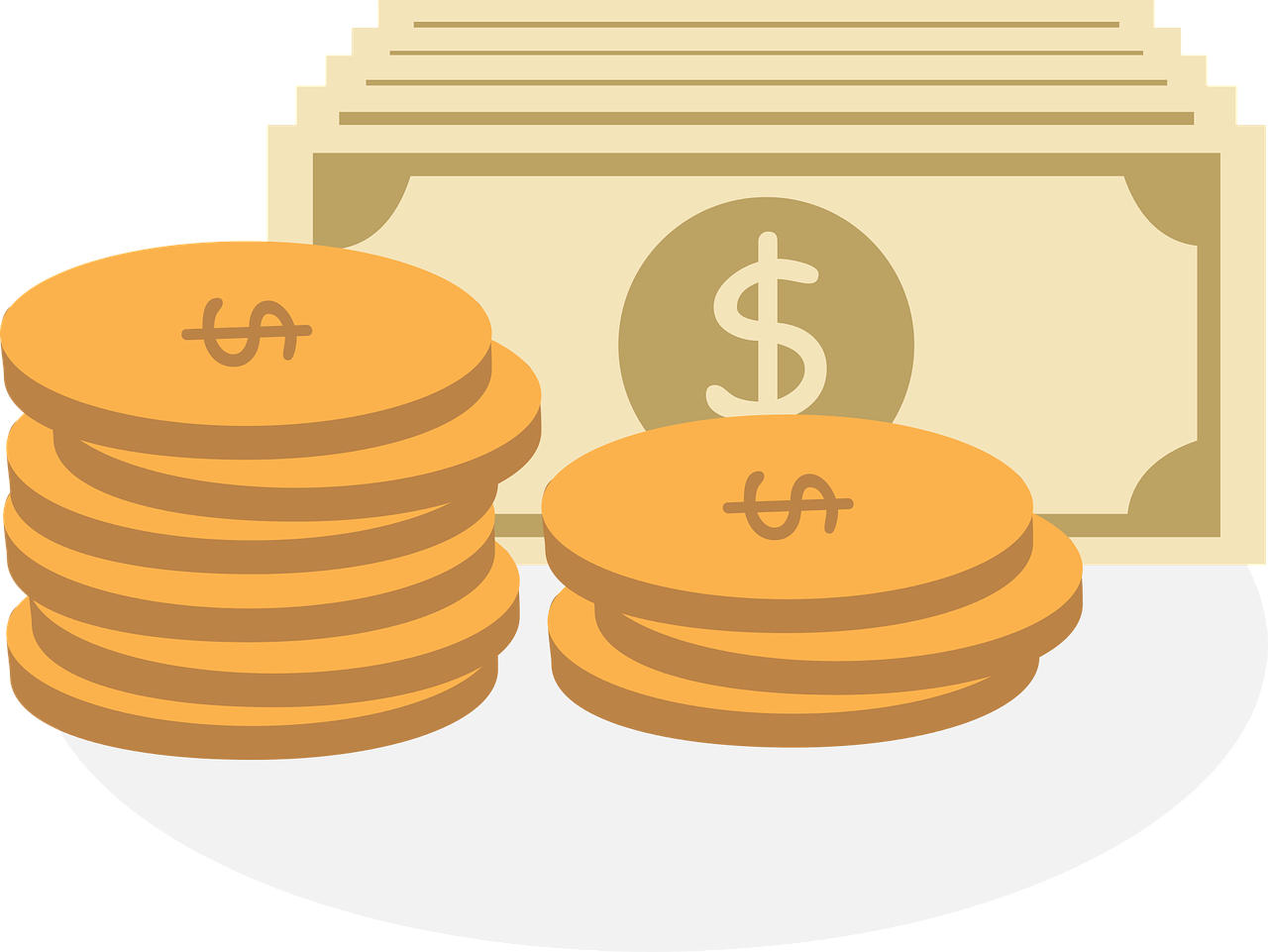Top 10 Tips for Saving Money

Everyone loves the idea of saving money, but putting it into practice often feels like trying to climb a mountain in flip-flops. You know it’s important, but where do you even start? Rest assured, carving out sensible savings from your budget doesn’t require extreme measures or a drastic lifestyle overhaul. With some practical tips and a sprinkle of discipline, you can build a comfortable financial cushion that can weather any storm. Let’s dive into the top 10 tips for saving money, incorporating easy yet impactful strategies that will help secure your financial future.
1. Create a Budget and Actually Stick to It
Creating a budget might seem like the most obvious advice, yet it’s the one many people overlook. The process starts with tracking your income and expenses to grasp where your money goes each month. Numerous apps make budgeting easier by automatically categorizing your spending. Once you have a clear picture, allocate funds to essentials first—think rent, groceries, and utilities. Then, set limits for discretionary spending like dining out and entertainment. The real trick, however, is sticking to this budget. Even a meticulously crafted budget is useless if not followed. Discipline yourself and continually reassess your budget to ensure it reflects your financial goals.
2. Automate Your Savings
One of the easiest ways to ensure you save money is to automate the process. Set up automatic transfers from your checking account to your savings account, ideally timed right after you receive your paycheck. This way, you consistently save a portion of your income before you have a chance to spend it. Out of sight, out of mind! Automated savings can also be directed into specific goals, such as an emergency fund, retirement account, or a rainy day fund. Many banks and financial institutions offer tools that make automation simple and effective, reducing the temptation to skip your savings.
3. Cut Down on Subscriptions and Memberships
Do you really need all those streaming services, gym memberships, and magazine subscriptions? It’s easy to lose track of these auto-pay expenses, and they can add up quickly. Regularly review your bank statements to identify recurring charges that you can eliminate or downgrade. Not using that premium package? Switch to a basic plan or consider sharing subscriptions with family or friends to split the cost. By cutting down on unnecessary subscriptions, you can save a significant amount each month without sacrificing much in terms of quality of life.
4. Plan Your Meals and Grocery Shopping
Impulse buying at the grocery store can be a significant drain on your budget. Combat this by planning your meals and making a shopping list before you head to the store. Stick to the list to avoid buying items you don’t need. Shopping once a week is another smart move, as frequent trips can lead to extra purchases. Take advantage of coupons, sales, and buy generic brands to further reduce costs. Meal planning also allows you to buy in bulk and use ingredients efficiently, reducing waste and saving you money over time.
5. Use Cash Back and Reward Programs
Make your money work for you by utilizing cash-back and reward programs. Many credit cards offer cash-back on purchases, while others provide airline miles or points that can be redeemed for a variety of rewards. Stores often have loyalty programs that offer discounts or points on future purchases. Maximize these benefits by using your card for regular expenses and paying off the balance in full each month to avoid interest charges. It’s like getting a discount on everything you buy, and these rewards can add up to significant savings over time.
6. DIY Whenever Possible
From minor home repairs to personal grooming, doing it yourself can result in considerable savings. YouTube and other platforms are treasure troves of tutorials for nearly any DIY project you can imagine. Whether it’s fixing a leaky faucet, cutting your hair, or making your own cleaning products, taking on these tasks can save you a lot of money. Start small with easy projects to build your confidence. Over time, you’ll not only save on costs but also gain a sense of accomplishment and new skills that can be handy in the future.
7. Negotiate Bills and Contracts
Many people don’t realize that many bills and contracts are negotiable. Whether it’s your cable bill, internet service, or insurance premiums, don’t hesitate to ask for a better rate. Companies often have promotional rates or discounts that aren’t advertised, and a simple phone call can lead to significant savings. If you’ve been a loyal customer, use that as leverage to negotiate better terms. Similarly, compare prices from different providers at least once a year to ensure you’re getting the best deal, and don’t hesitate to switch if you find a more economical option.
8. Go Energy-Efficient
Reducing energy consumption not only benefits the environment but also lowers your utility bills. Simple changes, such as switching to LED light bulbs, using a programmable thermostat, and unplugging appliances when not in use, can make a big difference. Insulating your home and sealing leaks around doors and windows can also reduce heating and cooling costs. While some energy-efficient improvements might require an initial investment, the long-term savings on utility bills can be substantial, making them well worth the cost.
9. Buy Second-Hand
Opting for second-hand items can result in huge savings. Consider shopping at thrift stores, consignment shops, and online marketplaces for everything from clothing to furniture. Many second-hand items are barely used and cost a fraction of their retail price. Similarly, buying refurbished electronics can be a smart way to save money while still getting high-quality products. Just make sure you’re purchasing from reputable sources to ensure the quality and condition of the items.
10. Cultivate an Emergency Fund
Having an emergency fund is like having a safety net for your finances. It protects you in case of unexpected expenses, such as car repairs or medical bills, without derailing your budget. Aim to save at least three to six months’ worth of living expenses in an easily accessible account. Start small by setting aside a portion of your income each month until you reach your goal. An emergency fund adds a layer of financial security, allowing you to handle life’s surprises without turning to high-interest debt or loans.
In conclusion, saving money doesn’t have to involve drastic changes or a miserly lifestyle. It’s about making smart choices and gradually adopting habits that contribute to your financial well-being. By incorporating these top 10 tips into your daily routine, you’ll find it easier to save money and build a robust financial foundation for the future. Happy saving!Run
⌘
↵






